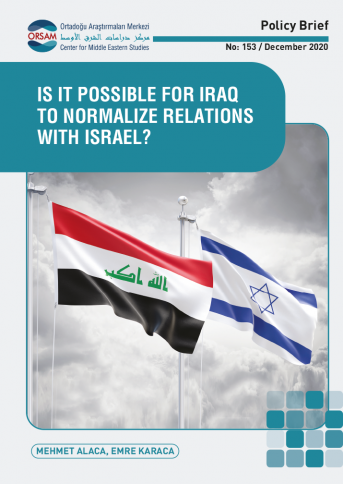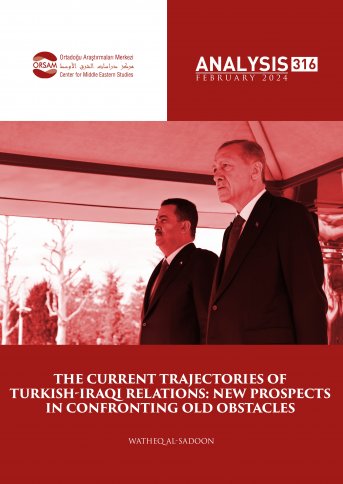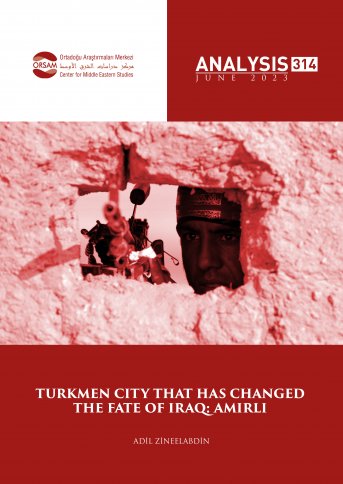
Is it Possible for Iraq to Normalize Relations with Israel?
US President Donald Trump who followed pro-Israeli policies in the Middle East after taking office in 2017, displayed intense diplomatic performance for the normalization of Arab countries’ relations with Tel Aviv. He brokered the normalization of diplomatic, political and commercial relations between Israel and firstly the United Arab Emirates (UAE) and Bahrain, and then Sudan. Even though there are signals that the wave of normalization will continue, the perception that these agreements actually prioritize national, political and economic interests rather than a regional peace plan and have the motivation to gradually isolate Palestine causes reactions in some countries in the region, especially in Iraq.
Indeed, the discussions in the country did not end despite the statements of the Iraqi Government’s Spokesperson Ahmet Molla Talal who said, “Iraqi law prohibits normalization with Israel and the Iraqi government and the people know this clearly. Talal had announced on August 26 that the normalization efforts of other countries with Israel are their internal affairs and Iraq would not be involved in these matters. On October 15, the remarks of Baha al-Araji, who served as the Deputy Prime Minister in the government of Haider al-Abadi, the former prime minister, that the environment is suitable for the normalization of relations with Israel and the priorities regarding this decision will be determined by the Shiite religious authority in Najaf sparked discussions in the country. The Victory Coalition led by Abadi rejected Araji's statement declaring, “Such statements are a distortion that undermines the image of Iraq, its people, its history and the religious authority that in principle accepts the legitimate rights of Palestine.” The names who support Shiite leader Muqtada al-Sadr also showed reaction to Araci who is a former member of the Sadr movement.
Besides the supporters and opponents of normalization with Israel, there are also those who maintain that normalization is not a pressing issue due to the geographical distance between the two countries and that Iraq should focus primarily on its own agenda. Iraq, trying to rebuild its physical-social infrastructure and institutions, which were almost completely devastated by the tensions and conflicts it has been exposed to, has been seeking an opening in its foreign policy for a while, but social reaction, historical traumas and Iran’s hegemonic impact on the country constitute an obstacle to normalization of relations with Israel. On the other hand, the efforts of neighboring countries to normalize their relations with Israel and to limit Iran may be a factor of pressure to establish contact on the Baghdad-Tel Aviv line.







